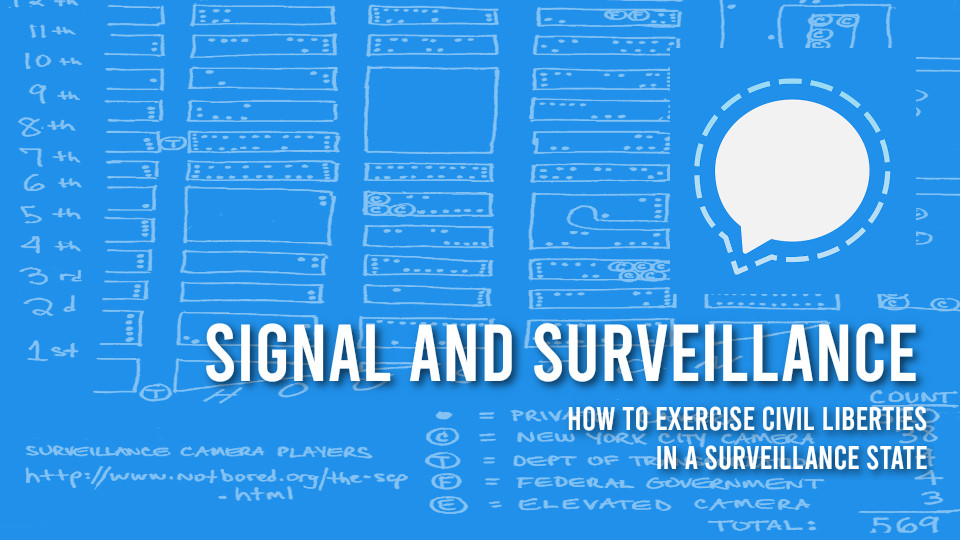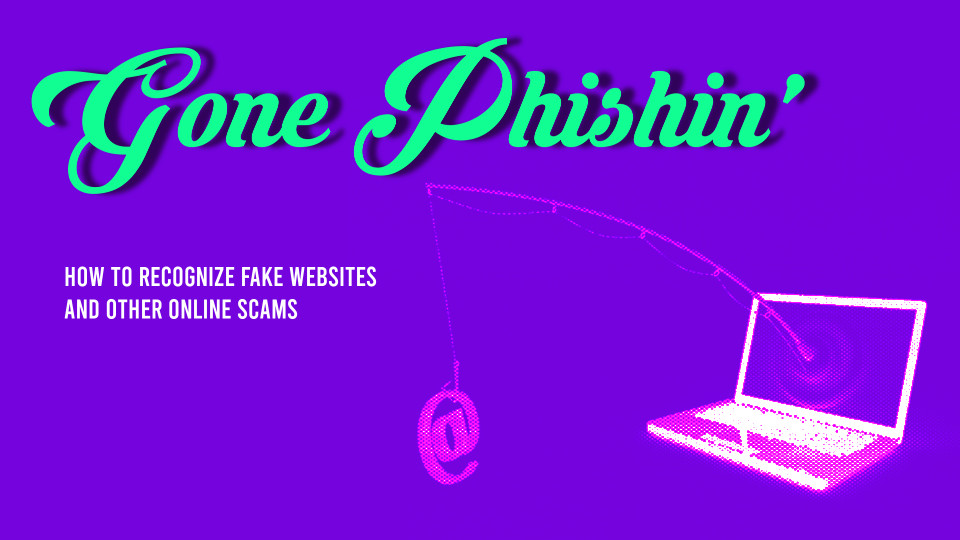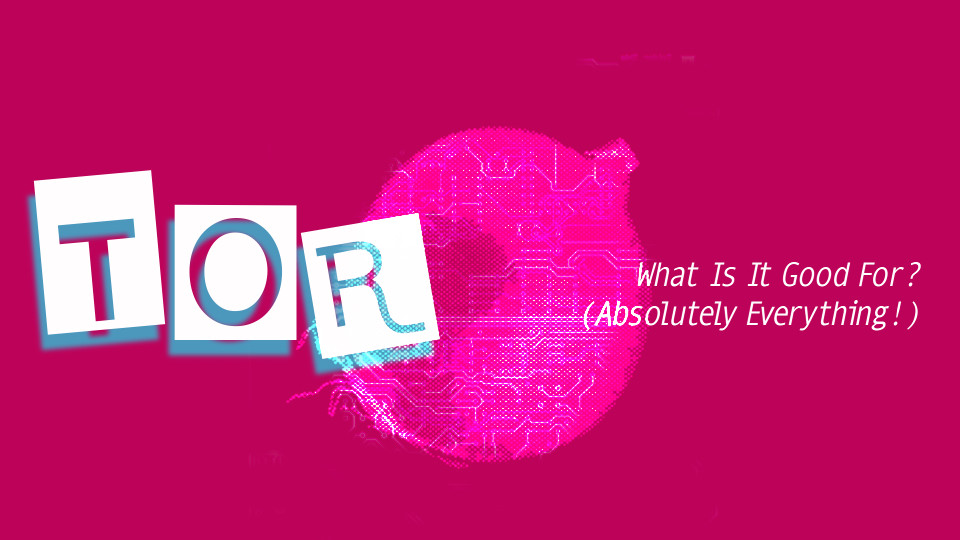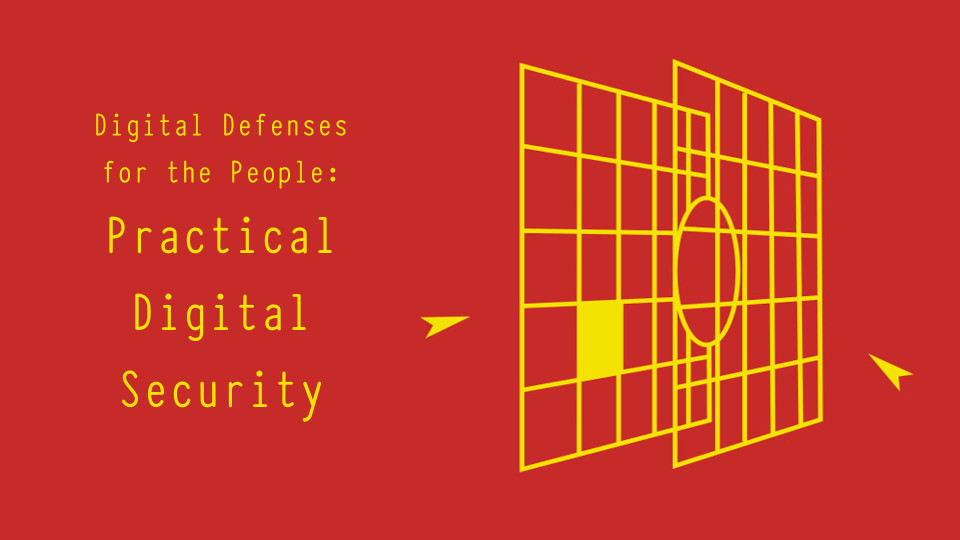
Check-In
- December 14, 2019 11:00 AM – December 14, 2019 11:15 AM
- 20 Jay Street, Suite 317, Brooklyn, NY, 11201, United States
- Status: CONFIRMED

View schedule in Google/Apple/Microsoft/Mozilla calendar app.
| Session Block | Time | December 14, 2019 | December 15, 2019 |
|---|---|---|---|
Welcome |
11:00 AM | ||
| 11:15 AM | |||
| 11:30 AM | |||
| 11:45 AM | |||
Racist Policing Then and Now |
12:00 PM |

Anti-Racist Technoculture for Racial EquityIn what ways has U.S. policy influenced and designed the technologies we use to today? How are historical systematic racist practices replicating themselves into our present algorithms. How might we envision more racially equitable future technoculture? In this talk, Ari will share her research on over 50 years of U.S. policy, ways these tactics have influenced our current technologies, and how we can imagine them operating in the future—with racial equity in mind.
|

From Pinkertons to Palantir: History and Political Economy of Police SurveillanceThe tech community spends a lot of time thinking about “threat modeling” and responding to specific technical vulnerabilities, this presentation is an attempt at expanding that thinking by looking at larger systems and strategies. This presentation will look at the history of surveillance, policing, forensic “science” and how they intersect with race science, capitalism, and other ideological paradigms. It will end with a conversation about developing analysis and strategy.
|
| 12:15 PM | |||
| 12:30 PM | |||
| 12:45 PM | |||
Community Initiatives |
1:00 PM |

Tracing Neighborhoods in the Sky: New York City’s pirates of the airwavesYou can’t see them, but the skies above New York City hold a tangle of transgressive, culture-bearing radio signals. Clandestine rooftop transmitters send them pulsing imperceptibly across the five boroughs, their sounds spilling from simple FM radios in homes and businesses throughout tight-knit immigrant enclaves. These stations, often called pirates, operate without a license in communities that struggle to access the legal airwaves due to high costs and corporate control of the media. The operators of stations like Irie Storm Radio, La Voix du Peuple, Kol Hashalom and Radio Gospel Train risk fines, confiscation of equipment and the threat of arrest to keep their signals flowing to audiences that have strong cultural and historic connections to radio listening. The programs bring music and news from home along with practical guidance and spiritual comfort for survival in a new land. Presented by David Goren and DJ Cintronics |

Is it Facial or is it Racial?: The Threat of Face Recognition Technology in NYC HousingWe are dedicated to filling the gap in the flow of information from tech and political communities into our own, as we are tired of reacting and are ready and willing to be proactive in the building up of our community. We are fighting not only facial recognition, but for our right to privacy as well; our right to the same privacy that those who’s proposing this bill has, to dwell in our homes without eyes and/or algorithms watching our every move and exposing our families to unnecessary outcomes of living with AI. The presentation will look at how we at the Atlantic Plaza Towers came to learn about the proposed use of facial recognition technology and the how it threatens our tenancies, ability to move about freely, and basic privacy in our homes. We will discuss recent legislation introduced at the federal, state, and city levels in response to our opposition and how we are connecting with other tenants across NYC to keep our homes free of face recognition technology.
and Mona Patel |
| 1:15 PM | |||
| 1:30 PM | |||
| 1:45 PM | |||
Break |
2:00 PM | ||
Fighting the Surveillance State |
2:15 PM |

Surveillance and the City: New York’s Spy StateIn this session we will learn more about the tools that the NYPD and other municipal and state agencies deploy in New York City, including facial recognition, gait detection, cell site location information, and more. The talk will examine persistent unanswered questions about the scale and scope of New York’s surveillance network, as well as the pending litigation, regulations, and legislation that seek to reform these problems. The discussion will also include an analysis of the proposed IDNYC payment chip, congestion pricing, OMNY, and other “smart cities” programs that result in massive data collection and pose often-unappreciated privacy concerns.
|

Mobile security checklist for movement makersIn all, we will focus on two aspects of mobile security: 1. Hardening your mobile phone itself, by tweaking your privacy and security settings, and quieting those noisy — and nose-y — applications; 2. Secure mobile communications, by introducing best practices for several mobile applications for one-on-one and group chats. Time will be kept at the end of the talk for audience question and discussion, so bring your inquisitive minds!
|
| 2:30 PM | |||
| 2:45 PM | |||
| 3:00 PM |

Signal and Surveillance: How to Exercise Digital Civil Liberties in a Surveillance StateWhether you’re an individual chatting with friends or an organizer planning a political action, all effective coordination depends on safe and reliable communication. Lacking integrity for our communications dooms any effort from the outset, whether mundane or revolutionary. As dragnet surveillance practices are legalized at alarming speed and continue to be fueled by a dramatic expansion of the law enforcement and private defense contractor economies, there has never been a more important time to flex your digital civil liberties muscle than right now. Signal is the name of a Free Software, secure, private message application built on a cryptographic protocol of the same name. Formerly known as the Axolotl Ratchet or, more commonly, the Double-Ratchet Algorithm, its features are robust enough for the revolutionary activist (i.e., end-to-end encryption, message authentication, plausible deniability or message repudiation, perfect forward secrecy, and more) and yet simple enough to use as a drop-in replacement for your existing text messaging application. Signal also sports Skype-like voice and video calling, location- and file-sharing features, and even iMessage-style large font emojis! If you’ve never heard of Signal before, now’s the time to switch. If you think you already know how to use Signal, let us show you some pro-tips (trusted third-party Safety Number verification, disappearing messages, registering Signal accounts with pseudonymous phone numbers, inactivity lock-outs, and Signal relay server IP address protection). This introductory cybersecurity workshop will show you why Signal is simple enough to schedule drinks at the bar with, yet secure enough to use for planning a protest. Presented by TLC Instructors |
||
| 3:15 PM |
|
||
| 3:30 PM | |||
| 3:45 PM | |||
Lunch |
4:00 PM | ||
| 4:15 PM | |||
| 4:30 PM | |||
| 4:45 PM | |||
Tor and Other TTPs (Tools, Techniques, and Procedures) |
5:00 PM |

Taking Back the Internet with TorThe original vision of the internet was a free and open space where you could share resources and communicate freely, a decentralized space where your identity didn’t matter. When powerful entities recognized that huge profits could be made online, the technology that made up the internet was co-opted to form a centralized, traceable, ‘self-centered,’ system. The decentralized vision of the internet faded from the consciousness of the general public. In this session, we’ll look at what happened to the internet to make Tor necessary and how Tor can help you take back your privacy and freedom online.
|

Gone Phishing: Recognize Online Entrapment and Other Scams by Learning How to Launch Your Own Phishing Attack WebsiteEven if your online accounts are bulletproof, you can still get caught out by a “phishing” attack that steals your private data, like your username and password. In fact, from corporate espionage to police entrapment, most cyberattacks don’t start with sophisticated software exploits, but rather by employing relatively simple tricks. These tricks are called “phishing” attacks because, much like baiting a lure, they won’t work unless you bite. However, many people do get caught up by them. In 2019, ninety percent (90%!) of reported data breaches began with a simple phishing scam. Today, one and a half million new phishing websites are launched every month. Some are dragnets, while others are “watering hole” or even “spear phishing” attacks designed to target a specific demographic or even one individual high-value target (HVT). Thankfully, it’s easy to spot—and even to perform—these tricks if you have the right guidance. In this hands-on digital workshop presented in collaboration with the radical queer and femme Tech Learning Collective, you will have the opportunity to create and deploy your own phishing Web site that can steal usernames and passwords from unsuspecting victims. By learning how attackers including law enforcement officers (LEOs) build pixel-perfect replicas of familiar sites like the Facebook login screen, you will also gain the skills you need to more quickly recognize the signs of a malicious web site, email, or other online scam. Presented by Anonymous Members |
| 5:15 PM | |||
| 5:30 PM | |||
| 5:45 PM | |||
| 6:00 PM |

Tor: What is it Good For? (Absolutely Everything!)From illegal online drug stores like Silk Road to DDoS botnet command and control headquarters, media attention has long painted “the Dark Web” as though nothing good can come of it. But learn just a little bit more about how Tor and “hidden services” work and you’ll find a treasure trove of valuable possibilities for day-to-day Internet use. The same technology that can hide the location of a drug ring can also serve as a free VPN-like service to protect your privacy while you browse the Internet, make censored websites available again, and even let you host your own Internet services for free, all without opening a single port on your firewall! In this deep dive workshop on Tor, the Tech Learning Collective’s cybersecurity trainers will show you how to make the most of this widely available and free digital safety tool. They’ll demonstrate numerous Tor features such as Tor authentication, target service load balancing, and NAT-punching. In the process, you’ll finally understand—on a technical level—what the “Dark Web” actually is and how it works. Bring a laptop to class, and you’ll leave having run your own Dark Web site. This class is for everyone; whether you’re a veteran black hat or a timid newbie, this class will shine a light on the Dark Web once and for all. Presented by TLC Instructors |
||
| 6:15 PM |
Presented by Nick Merrill |
||
| 6:30 PM | |||
| 6:45 PM | |||
Threat Modeling |
7:00 PM |

Staying Safe Together: Threat Modeling and Holistic SecurityFor this presentation, the folks at Cypurr will present tools that you and your communities can use to help manage threat. We will be looking at the Holistic Security methodology of threat modeling, developed by the Tactical Tech Collective, a privacy and cybersecurity awareness group, based out of Berlin. (Free version of book Holistic Security available here: https://holistic-security.tacticaltech.org.) We hope to present exercises that can aid in reducing anxiety surrounding our feelings of threat, and can help you or the org you are a part of create a space for members to share threats, and evaluate them for likelihood, rather than just becoming paranoid by them. Presented by Grey |

Digital Defenses for the People: Practical Digital SecurityLearning how to stay safe online is on many people’s minds, but how do you start this process? With so many tools and suggestions from “experts,” how do you know which tool to use, when, and in what situation? Do you really need a VPN? (And what even is that?) What are the tools you really should use, and which tools aren’t worth it? Moreover, without being a cybersecurity expert yourself, how do you learn to sniff out the useful stuff from the placebos? This beginner’s workshop taught by the Tech Learning Collective’s cybersecurity trainers offers a simple framework anyone can use to understand what risks they might face and how to protect themselves from those risks. Developed and maintained by the Anarcho-Tech NYC Collective, an independent cybersecurity research group that provides digital security services to anti-fascist groups in New York City, this framework now forms the basis of many digital safety workshops. It is a simple three-by-three grid in which you can place both yourself and your online safety concerns by answering a few intuitive questions like “How likely is it that I will be targeted?” and “How many resources (money, people, etcetera) does my attacker have?” Although there are many good and free tools available, most people only need to use a few basic ones: a secure messaging application (like Signal), a password manager (like KeePass or LastPass), and a few of the built-in features of their existing computers, like the full-disk encryption software available for free on every modern laptop and smartphone. This short, calming introduction to digital safety cuts through the fear, uncertainty, and doubt generated by the frenetic news cycle and the latest Internet privacy listicle. You’ll leave this workshop with a security plan in place, and a much clearer picture of the first few steps you should take to protect yourself and your information both online and offline. Presented by TLC Instructors |
| 7:15 PM | |||
| 7:30 PM | |||
Makers and Breakers |
7:45 PM |

Whose AIs Are On Your Data?: How Web De-Centralization May Be the Civil Rights Battle of Our TimeWhen Sir Tim Berners-Lee invented the web in 1989, it was intended for everyone. The excitement and creativity of its early days were driven from the notion that we can all participate, and the impact was world-changing. However the original promise of the web has been compromised by forces with their own agendas of profit and politics. It’s time to make a change. Now, inrupt is working to realize Sir Tim’s vision and ensure the success of the Solid mission to restore data control to its owners, reshape the web as we know it and foster a new breed of democratized applications with capabilities far above and beyond anything that exists today.
|
|
| 8:00 PM |

Machines in the Middle: Performing and Detecting an ARP Cache Poisoning AttackBefore there was “The Internet,” there was Ethernet. First developed in the mid 1970’s, Ethernet takes its name from the erroneous belief first postulated in the late 19th century that an omnipresent yet invisible material known as “ether” permeated everything and everyone. Today, in a kind of self-fulfilling prophecy, ethernet is the near-ubiquitous link-layer networking technology that underpins almost every modern telecommunications network. By examining Ethernet network frames, we will see how Internet communications, such as data sent to one IP address or another, is carried from one physical device to another, thus traversing “the ether.” This process is facilitated by the Address Resolution Protocol (ARP), a simple mechanism that maps IP addresses to hardware device addresses. But ARP has a fundamental flaw: its own messages cannot be authenticated. This lack of authentication can be exploited for both legitimate and illegitmate purposes, allowing for increased resiliency, or enabling a malicious attacker to pretend to be someone that they are not. In this latter case, an attacker can perform network-based Denial-of-Service (DOS) or Machine-in-the-Middle (MITM) attacks regardless of whether or not some higher-level encryption (like Wi-Fi passwords) is used. By performing what is known as an ARP cache poisoning attack, attackers are able to masquerade as any other device on “the ethernet.” This session will demonstrate how this attack works and what you can do to detect, prevent, and remediate such attacks on your networks. Presented by Anonymous Members |
||
| 8:15 PM | |||
| 8:30 PM | |||
Participatory Technologies |
8:45 PM |

Utilizing participatory educational methods in digital security trainingsPresentation built on participatory educational digital security training using story telling to cover basic security technology. This will showcase a professional participatory education workshop for secure use of the technology we all rely on. This workshop will leave you with the knowledge to protect your rights, encrypt sensitive data, and secure your communications. You will also learn about the Trump regime’s threats to our human rights. The training covers: Email & Passphrase Security, Phishing protection, Encryption, Government Surveillance, the impact of Digital Stop and Frisk on People of Color in NYC, Human Rights and Secure Communications, Organizing Successes, Free & Open Source Software, and Signal for organizing. Presented by Jonathan Stribling-Uss, Esq. |

Network the Revolution: Building Alternative InternetsOur situation today is this: every time we use the Internet, we are forced to accept that we are using the surveillance engine of advanced Capitalism in the Necrocene, a corporate-supported machine that consumes everything in its sights for the purpose of re-packaging it as benign. Situated at the brink of total climate collapse, the disenfranchised continue to be given insipid promises that in the Automation Revolution, “learning to code” at a “bootcamp” will set them free. As Anarchists, we recognize the nature of this false promise from the quicksand on which it is based. Revolutionaries in the West have either forgotten, corrupted, or else have never had a chance to find out what it might be like to harness the efficacy of digital technology for the benefit of radical social movements; many have abandoned the idea that this is even worthwhile. But there has actually never been a better time to revisit this assumption: hardware has never been more superfluous and less expensive, with brand new, fully functional computers costing $35 and running Free and Open Source Software, and the prevalence of overlay networks like Tor eking further into the public conscious. There is no chance now of reclaiming the mainstream Internet in its entirety (and perhaps there never was such a chance). But there has never been more opportunity than right now to create new systems, new internets, informed by new perspectives and approached holistically, for the purposes of revolutionary praxis. Shift-CTRL, a radical queer semi-elusive hacklab based in New York City, has plunged headfirst into the margins of this electronic dreamland with vicious dedication to the ideal of better potentials for organizing radical spaces, and are peering out now to talk about its humble beginnings and the state of a new intranet connecting radical spaces in the City. Presented by red clover |
| 9:00 PM | |||
| 9:15 PM | |||
Farewell |
9:30 PM | ||
| 9:45 PM |
View schedule in Google/Apple/Microsoft/Mozilla calendar app.